Beth Kaplan | |
|---|---|
| Born | Elizabeth Kaplan 1 August 1950 |
| Nationality | Canadian |
| Occupation(s) | Writer, Teacher |
| Relatives | Jacob Gordin (great-grandfather) |
Beth Kaplan (born 1 August 1950) is a Canadian writer, teacher, and actor.
Beth Kaplan | |
|---|---|
| Born | Elizabeth Kaplan 1 August 1950 |
| Nationality | Canadian |
| Occupation(s) | Writer, Teacher |
| Relatives | Jacob Gordin (great-grandfather) |
Beth Kaplan (born 1 August 1950) is a Canadian writer, teacher, and actor.
Kaplan began her professional acting career in 1970, with a school touring production for Toronto's Young People's Theatre. [1] She worked for a decade as an actor, primarily in Vancouver. She appeared in nine tours, including one national tour. She left the stage in 1980 to earn an MFA in creative writing at the University of British Columbia.
She has taught personal essay and memoir writing at Toronto Metropolitan University (previously Ryerson University) since 1994 and also at the University of Toronto since 2007, wherein 2012 she won U of T's Excellence in Teaching Award. A fellow of the Banff Centre's Literary Journalism program, she produces So True, [2] a twice-yearly reading series for her long-term students and herself, at the Black Swan in Toronto. A board and conference committee member of the Creative Nonfiction Collective, [3] she gave a master class at a recent conference entitled "The Writer as Performer."
Through the nineties, Kaplan had scores of essays published in newspapers and magazines and on CBC radio. [4] Her first book,Finding the Jewish Shakespeare: The Life and Legacy of Jacob Gordin, a biography of her great-grandfather, was published in 2006 and reissued in paperback in 2012. [5] It was called "a witty, shrewd, elegant book which tells a story of vital importance" by Tony Kushner. [6] She spoke about the book across Canada, four times in New York including at the 92nd Street Y, [7] in other American cities, in French in Paris, [8] and at Oxford University. [9] In 2008 she delivered the annual Wexler Lecture in Jewish History in Washington, D.C.
Her memoir All My Loving: Coming of Age with Paul McCartney in Paris, and her textbook on creative writing True to Life: 50 Steps to Help You Tell Your Story, appeared in 2014. [10] [11]
Her memoir Loose Woman, published in 2020, is the story of her fraught years as an actress through the seventies and particularly the year 1979, when living and working with men with disabilities in France changed her life. [12]
Kaplan is the great-granddaughter of the Yiddish playwright Jacob Gordin, [5] the daughter of Canadian scientist and activist Dr. J. Gordin Kaplan, [13] and the niece of the American bridge champion, Edgar Kaplan.

Mendele Mocher Sforim, born Sholem Yankev Abramovich or S. J. Abramowitch, was a Jewish author and one of the founders of modern Yiddish and Hebrew literature.
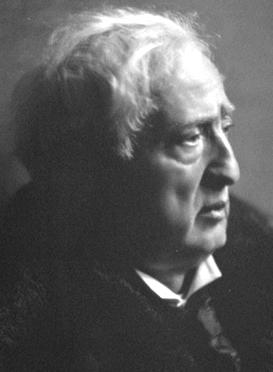
Jacob Pavlovich Adler was a Jewish actor and star of Yiddish theater, first in Odessa, and later in London and in New York City's Yiddish Theater District.
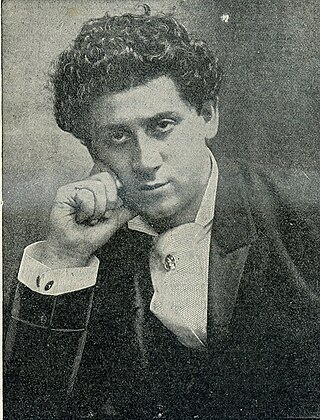
Boris Thomashefsky, born Boruch-Aharon Thomashefsky, was a Ukrainian-born Jewish singer and actor who became one of the biggest stars in Yiddish theater.

Jacob Michailovitch Gordin was a Russian-American playwright active in the early years of Yiddish theater. He is known for introducing realism and naturalism into Yiddish theater.
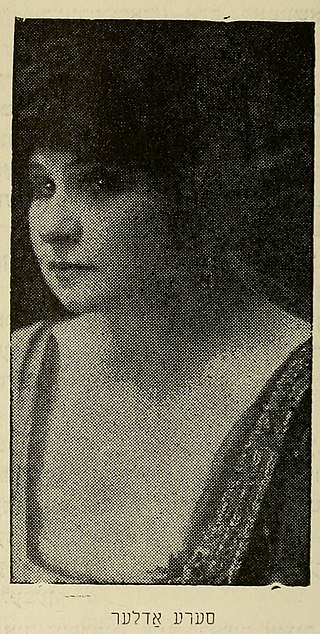
Sara Adler was a Russian actress in Yiddish theater who made her career mainly in the United States. She was known as the "mother" or "duchess" of Yiddish theater.

Celia Feinman Adler was an American actress, known as the "First Lady of the Yiddish Theatre".

David Kessler (1860–1920) was a prominent actor in the first great era of Yiddish theater. As a star Yiddish dramatic performer in New York City, he was the first leading man in Yiddish theater to dispense with incidental music.
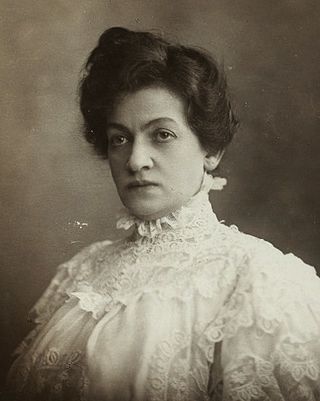
Keni Liptzin was a star in the early years of Yiddish theater, probably the greatest female dramatic star of the first great era of Yiddish theater in New York City.
Mirele Efros was an 1898 Yiddish play by Jacob Gordin. Some have called it "the Jewish Queen Lear".
Dinah Shtettin was an English Yiddish theater actress.

The Yiddish King Lear was an 1892 play by Jacob Gordin, and is generally seen as ushering in the first great era of Yiddish theater in New York City’s Yiddish Theater District, in which serious drama gained prominence over operetta.
The Worthless is a 1908 play by Jacob Gordin, described by Lulla Rosenfeld as "a study of provincial bigotry and fear", whose central character Ben Zion Garber is "a man of genius lost and misunderstood in an environment that ultimately destroys him".
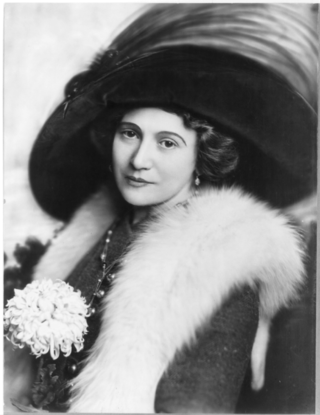
Bertha Kalich was a Ukrainian-Jewish-American actress. Though she was well-established as an entertainer in Eastern Europe, she is best remembered as one of the several "larger-than-life" figures that dominated New York stages during the "Golden Age" of American Yiddish Theatre during the late nineteenth and early twentieth century. Historians estimate that, during her career, Kalich performed more than 125 different roles in seven different languages.

Yiddish literature encompasses all those belles-lettres written in Yiddish, the language of Ashkenazic Jewry which is related to Middle High German. The history of Yiddish, with its roots in central Europe and locus for centuries in Eastern Europe, is evident in its literature.

Itzhak Katzenelson (Hebrew: יצחק קצנלסון, Yiddish: (יצחק קאַצ נעלסאָן was a Polish Jewish teacher, poet and dramatist. He was born in 1886 in Karelichy near Minsk, and was murdered on 1 May 1944 in Auschwitz.
The Helen and Stan Vine Canadian Jewish Book Awards were a Canadian program of literary awards, managed, produced and presented annually by the Koffler Centre of the Arts to works judged to be the year's best works of literature by Jewish Canadian writers or on Jewish cultural and historical topics.

Mary Dunlop Maclean was a writer, journalist, and first managing editor of The Crisis from 1909 until her death.

David Ignatoff, born David Ignatovski, was a Russian-born American Yiddish author and playwright. A member of the Di Yunge literary movement, Ignatoff wrote short stories, novels, plays, and children's stories.
Lili Berger was a Yiddish writer, antifascist militant and literary critic.
Vivian Felsen is a Canadian translator from French and Yiddish into English, and a visual artist of Jewish origin. She is the recipient of the Canadian Jewish Book Award (2001) and J. I. Segal Award for her translations dealing with Canadian Jewish history and Holocaust memoirs.